A company can claim against a director or former director for a breach of directors’ duties. However, this will generally require a majority of the shareholders of a company to agree to do this.
If the majority of shareholders do not agree to bring a claim against a director, the shareholders can apply to the Court for leave (or permission) to do so – this is called a derivative action.
The classic situation where the derivative action is used is when a minority shareholder wants to force a company to take action against its director/majority shareholder. There are specific requirements that must be satisfied in order to do this and specialist legal advice should be sought in advance.
A shareholder can also apply to the Court for orders when a company is being managed in a way that is oppressive, unfair or discriminatory against a shareholder – known as an oppressive conduct case. Some examples of circumstances that may give rise to oppressive conduct include:
- a CEO and majority shareholder paying themselves a large salary resulting in no profit available to be paid as a dividend;
- one of the directors and shareholders of the company diverting business to a new company controlled exclusively by him;
- issuing additional shares to the exclusion of a party (ie. a share dilution);
- improper exclusion from management;
- denying access to information.
There is a great deal of flexibility in the orders the Court can make in an oppressive conduct case, including orders:
- that the company be wound up;
- for the purchase of any shares in the company;
- for the company to institute legal proceedings;
- appointing a receiver or a receiver and manager;
- restraining or requiring a person from engaging in specified conduct or from doing a specified act or requiring a person to do a specified act.
While there is a broad discretion afforded to the Court, generally the Court will seek to make the least intrusive remedy (for example, a Court will not ordinarily wind up an otherwise profitable company due to a dispute between its shareholders).
If a company is otherwise profitable, a Court will commonly order that one party buy another party’s shares in the company. The value of the shares is then either agreed or sent to a valuer to be determined. In this case, the basis of the valuation and point in time at which the shares are to be valued will be important considerations. For example, it would ordinarily be appropriate to value the shares in the company as if the oppressive conduct complained of had never occurred.
If a company is not profitable or will not continue to trade, a Court will often order that the company be wound up. In this case a liquidator will realise the company’s assets, pay its creditors and pay any balance to the shareholders.





























